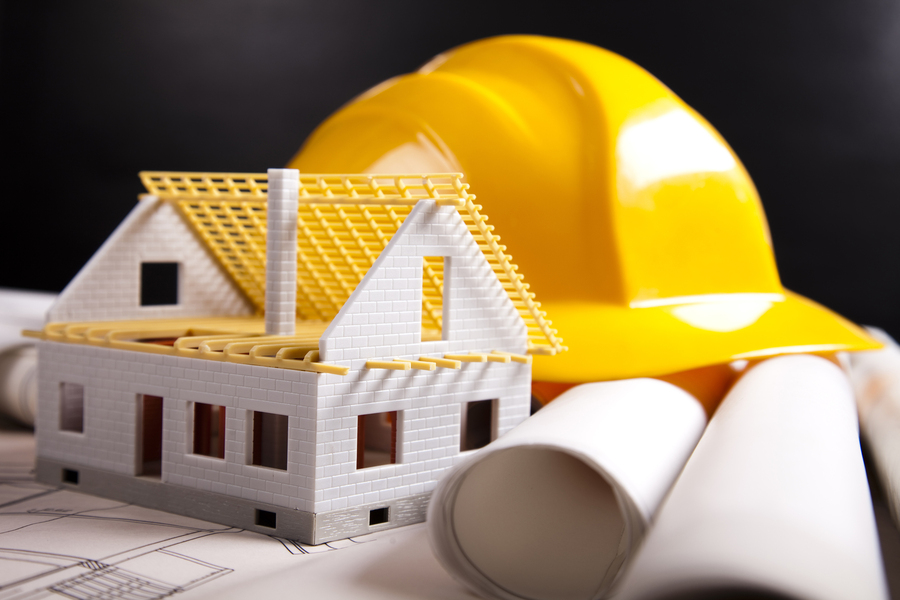Last Updated on October 24, 2023 by Richard Lyall
Private developers who build market housing are not getting any big breaks from development charges as a result of the More Homes Built Faster Act which was recently passed into law in Ontario.
I would like to be crystal clear about this as there appears to be some confusion, misconceptions, and just plain falsehoods being pushed by the ill-informed and the misinformed.
They are floating the false narrative that developers of market-built housing are getting a big break as a result of the provincial government’s decision to freeze or lower development charges (DCs) on certain types of housing.
This is false.
As part of the legislative change, DCs have been frozen or reduced for affordable and non-profit housing – not the market-built type of housing that is typically completed by developers in the homebuilding industry.
Hopefully, that fact is now clear.
So, let’s move on to the second falsehood.
Developers are not pocketing funds as a result of the latest legislation. How could they? As mentioned, the changes do not apply to market-built residential construction.
I find this storyline particularly galling as it was asserted by at least one prominent politician who should know better.
Political rhetoric such as this is not helpful, especially considering that we are in a full-blown housing supply crisis and must find a way to build 1.5 million homes over the next 10 years.
Instead of responsible, courageous, and forward-thinking decision-making, some continue to try to stir the pot.
While affordable and non-profit housing is getting a break, developers of market-built housing are still paying sky-high DCs.
Problem is, it is the new home buyers that pay the fees. Developers collect them and then forward the payments.
Whopping DC increases have been imposed on residential builders over the years and are still going up. The hikes are in addition to increases in other additional municipal fees such as parkland cash-in-lieu, community benefits charges, or land transfer taxes.
This is being done while cities stockpile massive DC reserves. The money being racked up is much more than they are spending or planning to spend.
At the latest check, GTA municipalities have more than $6 billion in DCs and other fees in reserve. Municipalities across Ontario earned $1.02 million in investment income and interest earnings from reserve fund surpluses in 2020 alone. So, not all the money earmarked for infrastructure is being spent. There is a substantial amount still sitting in the pot.
The province has taken the very positive step of mandating that DCs be waived on affordable and non-profit housing. These fees can often be the decisive factor in whether or not a project proceeds.
Municipalities regularly waive DCs and building permit fees to promote construction. Toronto does this for building office space downtown and subsidizes the construction of underground parking. The city provided $195 million in DC charge exemptions between 2018 and 2021 through the Toronto Open Door Program for affordable housing.
Developers do not object to paying their fair share of fees. What they do object to – and which RESCON has been particularly vocal about – is footing the entire bill for infrastructure to accommodate growth. It is patently unfair to saddle new homeowners and renters with the entire cost.
For too long now, municipalities have been tapping residential developers and new homeowners to pay for future infrastructure when the cost should be shared by the broader tax base. New infrastructure like water and sewer lines benefit the entire community, not just those who are buying a new home.
The federal government also has a significant role to play and must put up funds for infrastructure investment to support growth and housing. We know that the feds collect huge sums of tax revenue from municipalities, as well as the HST from new housing construction, but return very little.
This must change.
Richard Lyall is president of the Residential Construction Council of Ontario (RESCON). He has represented the building industry in Ontario since 1991. Contact him at media@rescon.com.

Richard Lyall is president of the Residential Construction Council of Ontario (RESCON). He has represented the building industry in Ontario since 1991. Contact him at media@rescon.com.









